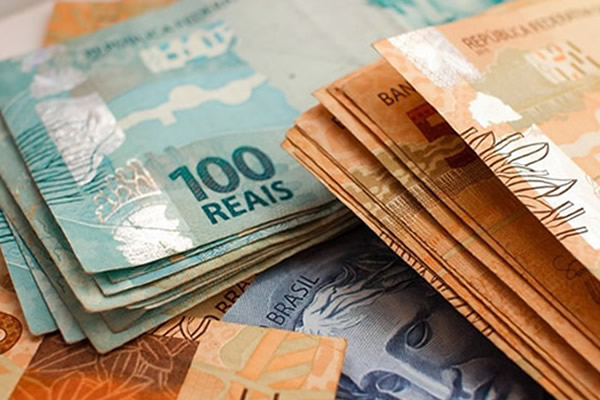RIO DE JANEIRO, BRAZIL – The discretionary resources of the ministries and federal agencies in 2020 will suffer a reduction of R$13 (US$3.25) billion compared to this year according to the budget bill (PLOA) sent by the government to the National Congress on Friday, August 30th.
The discretionary expenditures include spending on investments and cost of the public administration, such as payment for water, electricity, transportation, and even scholarships.

The draft 2020 Budget makes a total of R$89.1 billion available for these items. The amount approved for this year is R$102.4 billion, but was reduced to about R$94 billion with the contingencies.
In a press conference on Friday, August 30th, the special secretary of the Treasury, Waldery Rodrigues, recognized that the amount expected for next year “may compromise government operations,” but stressed that there is no risk of a shutdown due to lack of funds.
“It shows the need for measures to be taken, and we will do so. These measures will be detailed in due course. They allow the recomposition of the fiscal realities and are measures that can be worked with the National Congress. So, we don’t consider any shut down”, he said.
Rodrigues also said that the minimum level for mandatory expenses should be about at least R$100 billion.
“The threshold of R$ 102 billion, which was in PLOA 2019, is, in fact, a number that, for the current status of ministries, corresponds to a value in which the policies are implementable.
Mandatory spending
While resources for discretionary spending continue to fall, the growth of mandatory spending should reach 94 percent of the total budget next year, according to projections presented by the government. Mandatory expenditures are those that cannot be withheld or postponed, such as payment of wages and pensions.
“In 2017, 2018 and 2019, mandatory spending grew more than R$200 billion and will grow more than R$50 billion next year. We need to open the political debate about what rules can be adopted to increase the control of compulsory spending,” said National Treasury Secretary Mansueto Almeida.

According to Waldery Rodrigues, the government is working on the elaboration of a proposed constitutional amendment (PEC) to deal with the de-indexation of mandatory spending and other mechanisms that may hinder the increase of these expenditures in the future.
The measure has been defended by the Minister of Economy, Paulo Guedes.
Growth of 2.17 Percent Anticipated
The 2020 Budget takes into account a 2.17 percent growth in the economy next year, which “is in line with market parameters”, in Rodrigues’ evaluation.
For the Broad National Consumer Price Index (IPCA), projections linked to the draft budget law indicate an increase of 3.91 percent in 2020. Another inflation indicator, the National Consumer Price Index (INPC), foresees an increase of 4.02 percent.
In the government’s projections, the average price of a barrel of oil should be US$ 61.45, lower than the US$ 74 calculated for this year. The indicator is important because it can expand or reduce government revenues from the sector.
“If the price falls below US$ 61.45, we will have a loss of revenues related to oil. If it goes up, we will have gains,” explained the secretary.

